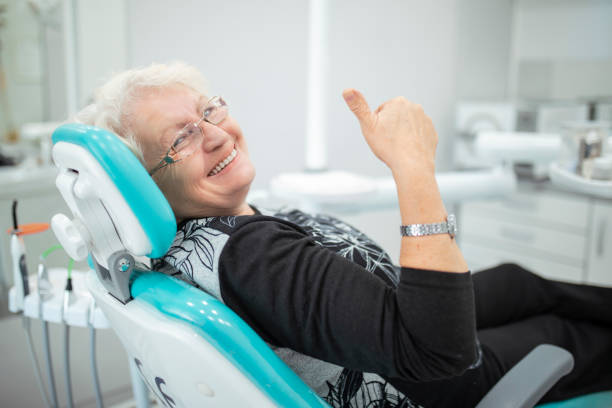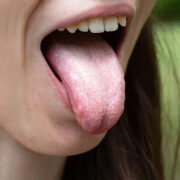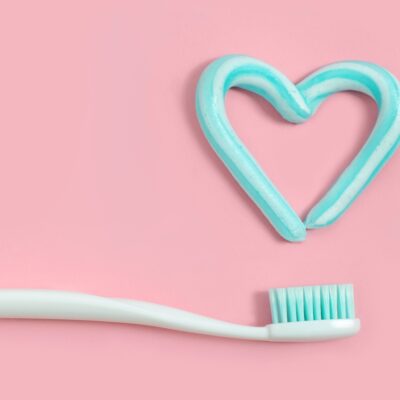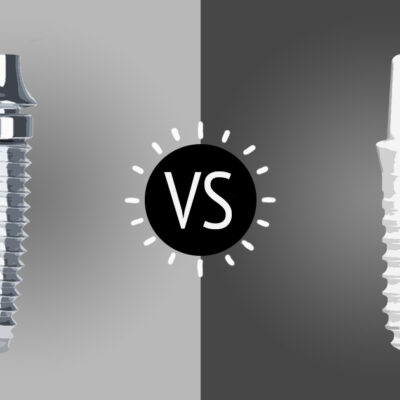In later life, most people experience some kind of reduction in their senses. This is a natural part of the ageing process and is completely unavoidable. It also means geriatric citizens are more susceptible to illness, as they are much less able to detect any danger signs or warning signals their body sends them. This reduced sense of smell and taste can have a significant impact on oral hygiene, as these senses are instrumental in detecting and avoiding bacteria-rich foods that can lead to infection and decay. One example of this is the reduction in ability to detect sweetness through taste, which makes sugary foods less appealing. Fortunately, there are a number of ways that you can help your elderly loved one maintain good oral hygiene standards throughout their golden years.
Organise regular dental visits for oral Hygiene
Dentists visit their patients either in their clinic or at the patient’s home. If your loved one can’t travel to the dentist due to their health, it’s a good idea to hire a home visit service. Geriatric patients who have dementia may not be able to go to the dentist due to their confusion, so at-home dental care is crucial.
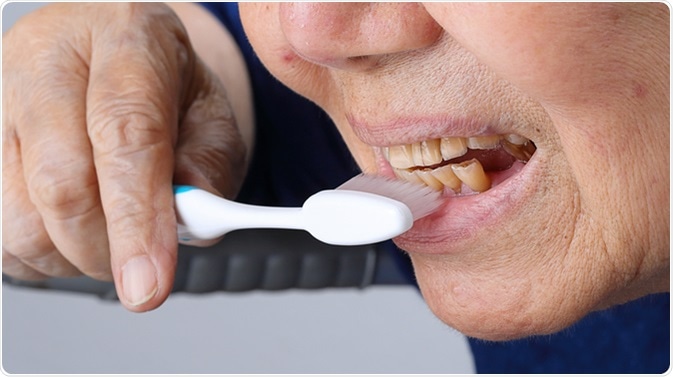
Brush at least twice a day with a fluoride-containing toothpaste. Floss at least once a day. Rinse with an antiseptic mouthwash once or twice a day. Visit your dentist on a regular schedule for cleaning and an oral exam.
Making an appointment for your loved one on a regular basis will help ensure they don’t build up too much plaque and bacteria in their mouth. In addition, it will allow the dentist to identify any signs of infection or decay and treat them before they escalate into something that requires hospitalisation.
Use soft-bristled toothbrushes for oral hygiene
As we age, our gums become less resilient and more prone to bleeding. Although it’s important to remove plaque and bacteria from the mouth, vigorous brushing can be too abrasive for older teeth and gums and actually cause bleeding. For this reason, it’s important to use toothbrushes with softer bristles for those who are over the age of 65. Brush your teeth twice a day for two minutes each time using fluoride toothpaste. A good way to increase the effectiveness of your tooth brushing routine is to brush your teeth after meals. This will help reduce the amount of bacteria built up on your teeth after eating.
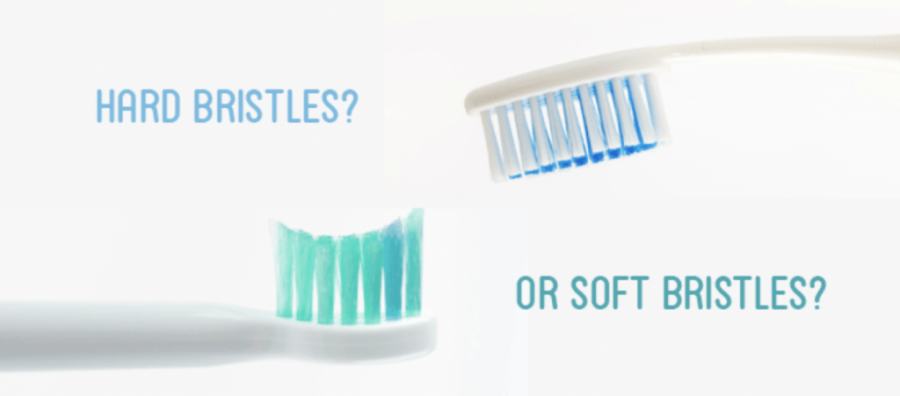
For many geriatric patients, dental care should include a fluoride mouthwash. A fluoride mouthwash can help in a number of ways: since fluoride is a naturally occurring mineral that strengthens the hard outer surfaces of teeth, it can help protect your mouth against cavities. It can even help reverse early tooth decay.
Provide a humidifier for overall hygiene
As we age, our bodies produce less saliva than we did as young adults. This interruption in saliva production leads to a reduction in the body’s ability to fight bacteria, which can lead to cavities and gum disease. A humidifier is an excellent way to increase the amount of saliva in your mouth and reduce the risk of infection. It’s important to clean your humidifier regularly to prevent the build-up of harmful bacteria and pathogens.
The minimum number of dental visits elder adults should schedule each year are the same as everyone else-at least once every six months. This level of frequency allows for tartar removal and cleaning to prevent issues like gum disease and decay.
Install Handrails and Sticky Mats
As people get older, their balance becomes less reliable. This can be particularly dangerous in places where bacteria can easily be transferred from one item to another. Such as the bathroom or kitchen. To prevent slips and falls, it’s a good idea to install handrails in all necessary places. Such as the shower, toilet, and around the sink. Making sure all cups, plates, and bowls have a special non-slip mat on the bottom will also keep your loved one safe and prevent them from falling.
Conclusion to geriatric oral hygiene
As people get older, they are more at risk of developing oral health issues due to declining senses. Reduced saliva production and increased risk of dental disease. To ensure your loved one maintains good oral hygiene. You should organise regular visits to the dentist, use soft bristled toothbrushes, provide a humidifier, install handrails and sticky mats. You can rest assured that your elderly loved one’s oral hygiene is as good as can be.

